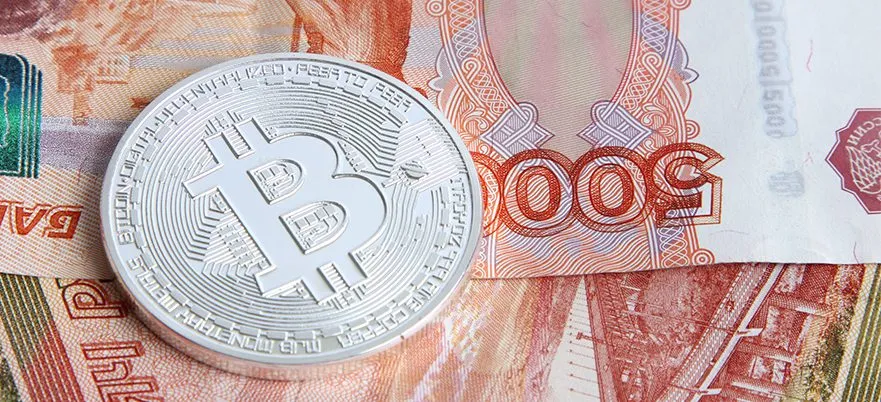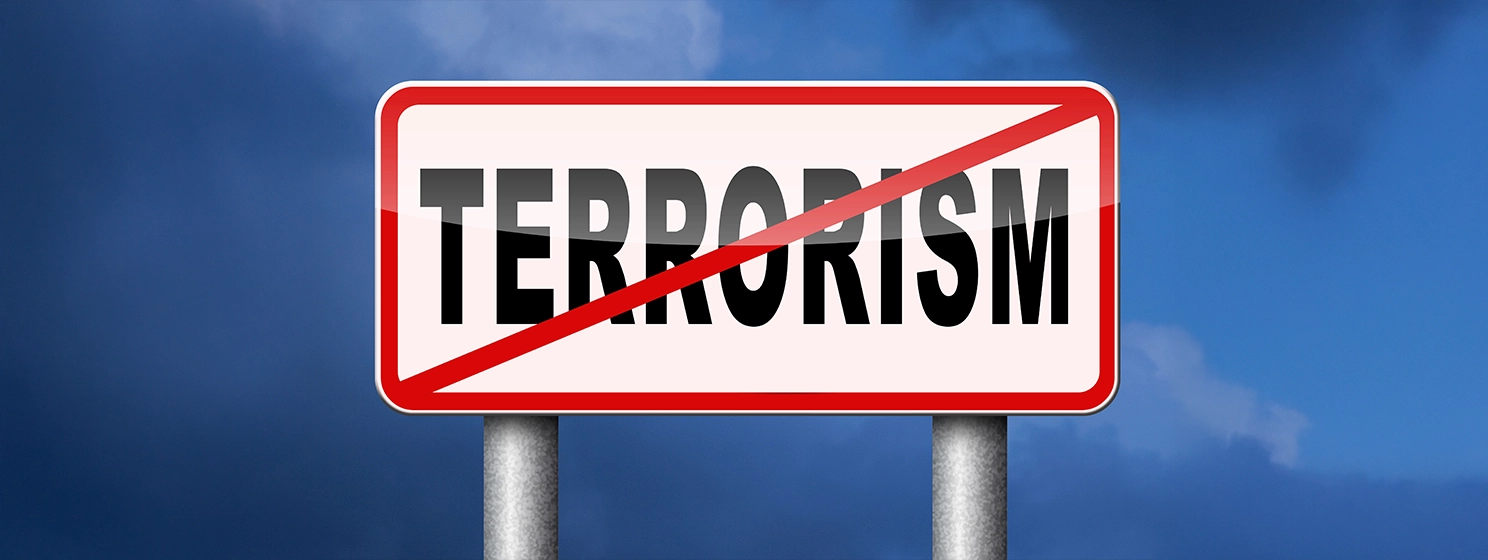|
Getting your Trinity Audio player ready...
|
Here we go again, Russia.
On Tuesday, the Russian Central Bank announced its plan to block its citizens’ access to websites of exchanges offering cryptocurrencies like Bitcoin, which the central bank’s First Deputy Governor Sergei Shvetsov described as “dubious.”
“We cannot stand apart. We cannot give direct and easy access to such dubious instruments for retail (investors),” Shvetsov declared at a conference on financial market derivatives, according to Reuters.
There has been a rising interest in cryptocurrencies among Russia citizens due to its high yields, but the central governor warned that “the usage of such cryptocurrencies as an investment object carries unreasonably high risks.”
Maybe he didn’t get the memo?
Shvetsov’s remarks come several weeks after the Russian Finance Ministry said that they are working on the bill that would define a procedure for buying cryptocurrencies by the end of 2017.
Finance Minister Anton Siluanov recognized that cryptocurrencies “are real” and that “there is no sense in banning them,” although “there is a need to regulate them” because of their volatile nature. For Russia, regulation is necessary “in order for us not to have so-called deceived investors.”
Deputy Finance Minister Alexei Moiseev’s previously suggested restricting Bitcoin transactions to qualified investors only, with the Moscow Stock Exchange as the only medium through which these select investors could purchase Bitcoin and other cryptocurrencies. Siluanov, however, said that “it is possible for individuals to participate in the purchase of these instruments,” although the transactions need to be “clearly regulated and identified” and settlements “must be controlled by relevant authorities.”
For years, the Ministry of Finance of the Russian Federations has been very vocal in opposing digital currency in the country. In fact, the finance ministry had a draft bill that sought to punish those who use bitcoins and engage cryptocurrency trade and mining activities. That bill, however, met strong opposition even before reaching the lower chamber of the Russian Parliament.
Now, it appears that the Russian financial authorities have seen the error of their ways. Or have they?

 09-16-2025
09-16-2025 





